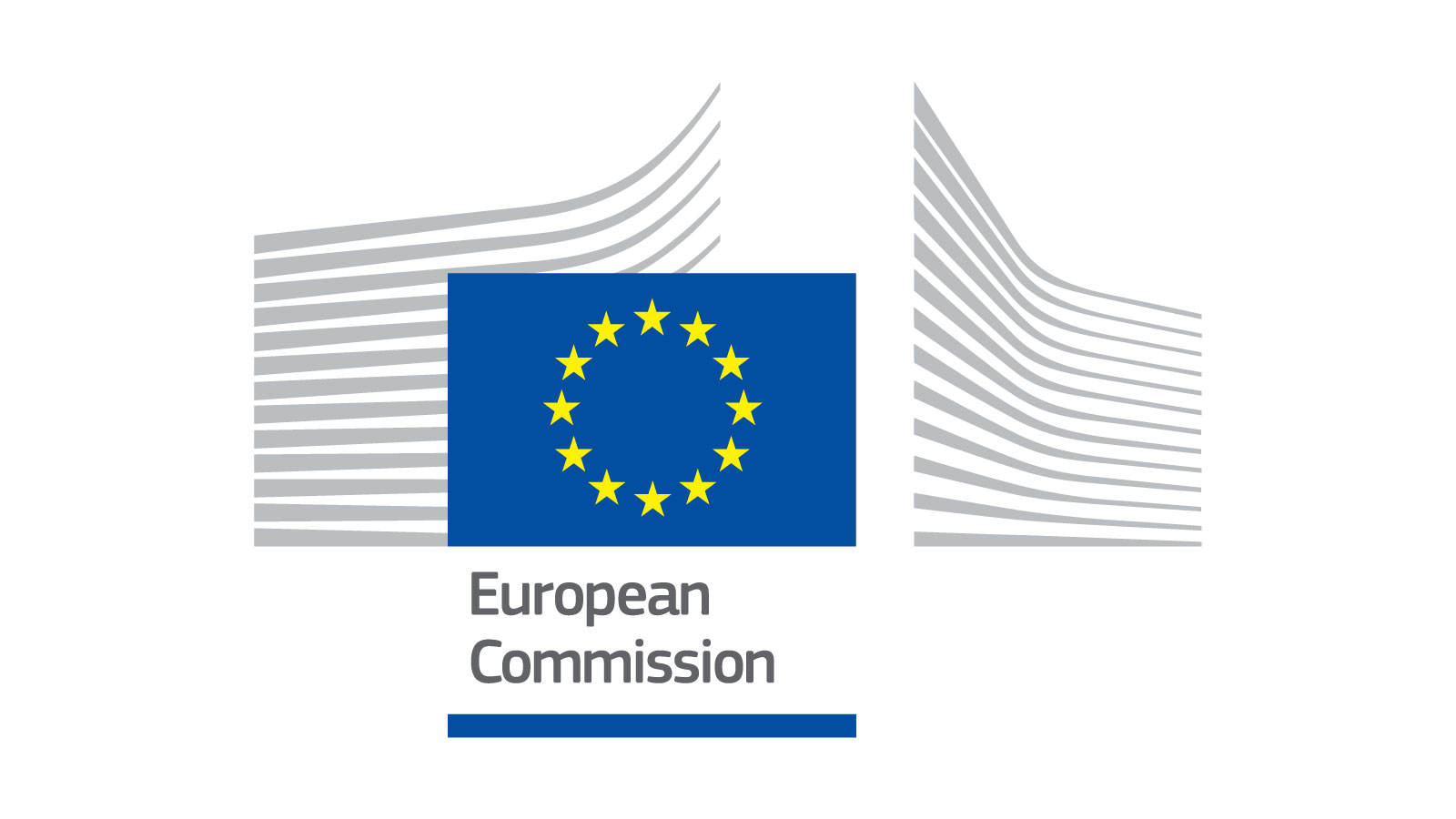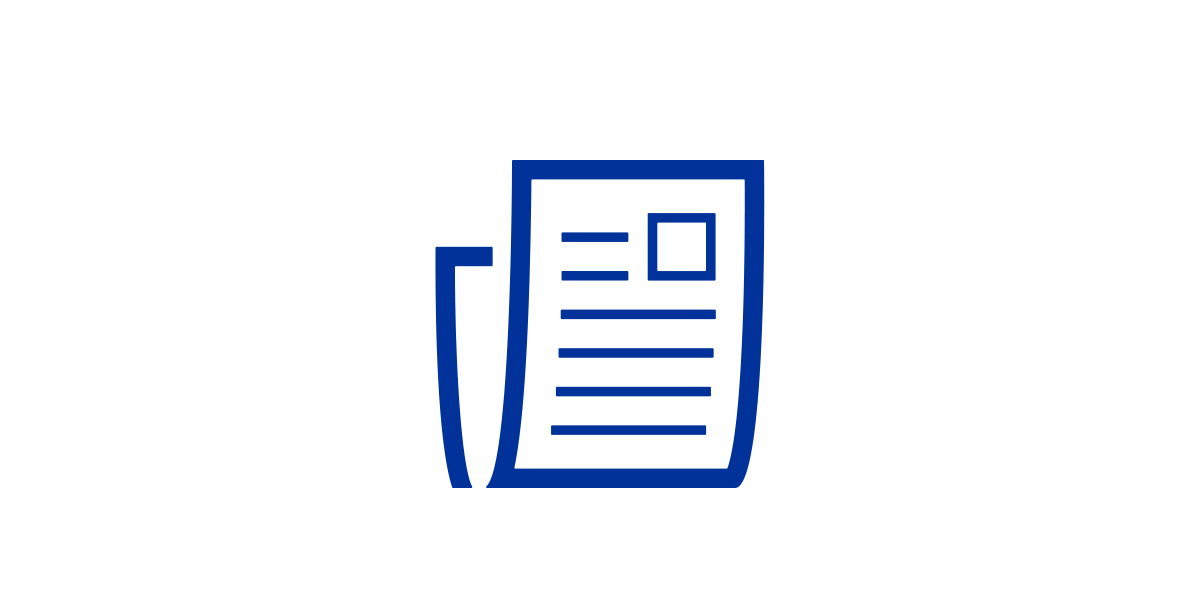You are using an out of date browser. It may not display this or other websites correctly.
You should upgrade or use an alternative browser.
You should upgrade or use an alternative browser.
Will ISA's be coming to Ireland anytime soon?
- Thread starter Billythebuilder
- Start date
Djimi Traore
Registered User
- Messages
- 46
Source?
It looks like just one of those figures is accurate.
Table 1
LAET does not = All Exit Tax
I presume that you mean that LAET is just the exit tax collected by life cos from their managed funds?
And it excludes any self-assessed / self-reported exit tax due elsewhere, for example on ETFs?
Djimi Traore
Registered User
- Messages
- 46
As far as reported amounts it's all we have to go off. Given the low amount of household wealth invested in ETFs I'd be very surprised if the figure is material.LAET does not = All Exit Tax
I think you can include pascal donohue in that about needing to improve his financial literacy. He was patently wrong in an answer to a parliamentary question about ETF taxatation a few years ago, or else dileberately misleadingThere are a lot more intangible benefits such as improvements in financial literacy, wealth effects, increased spending (VAT) as people spend their gains etc. I've lost count of the amount of people who've talked about investing but end up just doing nothing
page 71
There may be merit in exploring an incentivised savings and investment account in due course. However, it is the firm view of the Review Team that the measures proposed for amending the existing taxation of investment funds and life assurance products should be prioritised as these proposals address the most substantive issues raised by the COTW, the public consultation and during stakeholder engagement. Adding an additional tax regime for savings and investment to an already complex framework would not on its own assist in simplification and harmonisation for taxpayers.
There may be merit in exploring an incentivised savings and investment account in due course. However, it is the firm view of the Review Team that the measures proposed for amending the existing taxation of investment funds and life assurance products should be prioritised as these proposals address the most substantive issues raised by the COTW, the public consultation and during stakeholder engagement. Adding an additional tax regime for savings and investment to an already complex framework would not on its own assist in simplification and harmonisation for taxpayers.
@Protocol Yes, because there is accurate data is available from the Life Assurance Companies. They do the work for Revenue/DoF.
Theres' no accurate data on how much is invested in ETFs (last time Central Bank looked at it was 2019) and no one can tell you how much Exit Tax is collected on EFTs. Not a really sound basis for the review team to be working off.
Gerard
www.bond.ie
Theres' no accurate data on how much is invested in ETFs (last time Central Bank looked at it was 2019) and no one can tell you how much Exit Tax is collected on EFTs. Not a really sound basis for the review team to be working off.
Gerard
www.bond.ie
Last edited:
Sure revenue should have the data for self declared ETFs and exit tax since you have to complete that on form11, if they haven't got that data that's their own fault. In any case as already mentioned it is likely to be immaterial anyway since the numbers are so small probably in the 10s of millions at most.Theres' no accurate data on how much is invested in ETFs (last time Central Bank looked at it was 2019) and no one can tell you how much Exit Tax is collected on EFTs. Not a really sound basis for the review team to be working off.
The review team can only work off the data they have been given. If a state agency like revenue can't provide it that should not reduce the status and importance of that review should it?
Nonsense, having an ISA means you don't need to concern yourself with the tax treatment of any instrument you have within it. That's the epitome of simplification and harmonization....it is the firm view of the Review Team that the measures proposed for amending the existing taxation of investment funds and life assurance products should be prioritised as these proposals address the most substantive issues raised by the COTW, the public consultation and during stakeholder engagement. Adding an additional tax regime for savings and investment to an already complex framework would not on its own assist in simplification and harmonisation for taxpayers.
For Life Assurance policies, revenue get details of all the premiums paid from the life assurance levy returns and details of the exit tax is also returned by the life companies. For EFTs and the likes, they rely on self declaration which is never going to capture everything.Sure revenue should have the data for self declared ETFs and exit tax since you have to complete that on form11, if they haven't got that data that's their own fault.
It's an additional investment type. While the product itself would have simple taxation, it adds additional complication to the whole picture. You would be adding an ISA tax regime to:That's the epitome of simplification and harmonization.
- LAET
- Old basis life policies
- Pension products
- Direct share investment
- ETFs domiciled in EU, EEA or OECD
- ETFs domiciled in other territories
- EIIS schemes
- Whatever else I can't be bothered typing
But they have the data of those self declarations of exit tax as you have to enter it on the form11, are you suggesting that revenue don't have the where with all to harvest this themselves from their own data?For Life Assurance policies, revenue get details of all the premiums paid from the life assurance levy returns and details of the exit tax is also returned by the life companies. For EFTs and the likes, they rely on self declaration which is never going to capture everything
Well if they got rid of deemed disposal and exit tax and combined it with CGT and dividend taxes you would remove most of those complexities. All of this "complexity " is self inflicted and easily rectified ,it's not quantum mechanics we are dealing with hereYou would be adding an ISA tax regime to:
- LAET
- Old basis life policies
- Pension products
- Direct share investment
- ETFs domiciled in EU, EEA or OECD
- ETFs domiciled in other territories
- EIIS schemes
I'm suggesting their data is likely incomplete.are you suggesting that revenue don't have the where with all to harvest this themselves from their own data?
CGT and income tax would be more complicated than LAET for the end user.Well if they got rid of deemed disposal and exit tax and combined it with CGT and dividend taxes you would remove most of those complexities.
Except that wasn't the point the Review Team were making, the beneficiaries of the 'simplification and harmonization' are apparently the individual taxpayers. As an individual myself (!), having access to an ISA where I don't need to be concerned about what the tax treatment of the product contained within it is, meets that brief in a way that self declaring CGT and PAYE/USC/PRSI on dividends simply doesn't.it adds additional complication to the whole picture.
There seems to be a lack of pragmatism at play, the Draghi report calls for more investment by individuals. My concern is that those in power here may think that changing the tax treatment of certain financial products is going to move the dial on investing, and fulfil the spirit of what the SIU is seeking to achieve (for the record, I hope I'm wrong about that).
If anyone happens to be reading this who has any sway on the matter, I'll draw your attention to the following from the SIU website:
"Experience in some Member States has shown the potential for savings and investments accounts to boost retail participation in capital markets, especially when such accounts are matched with appropriate incentives. The Commission will develop a European blueprint for savings and investments accounts or products for retail investors based on existing national best practices, including recommendations to Member States on the tax treatment for such investment accounts. Such savings or investments accounts, combined with adequate tax treatment, can widen the pool of funding available for EU companies and help to meet EU investment needs in the green and digital transitions, as well as in defense."

Questions and answers on the Savings and Investments Union *
\nWhy is the SIU so important now?\n\nThe SIU is particularly important in the current economic landscape, which is shaped by geopolitical shifts, climate challenges, and rapid technological advancements

Savings scheme for first-time-buyers under consideration by government
Taoiseach Micheál Martin says the rent tax credit will be increased.
According to this the new Savings & Investment Accounts should appear shortly. Considering the emphasis on offering tax incentives to promote adoption, it looks positive, yet at the same time, coverage of the topic seems low key.

 www.irishexaminer.com
www.irishexaminer.com

The ECB blog even weighed in on the topic.
"Conclusion
A European savings standard could benefit both savers and companies by channelling a share of existing liquidity to the more productive part of the economy while also providing savers with competitive returns. But its design matters. Calibrating the selection criteria, coupled with tax incentives and dismantling barriers to a more integrated EU capital market will be key to achieving the dual goals of maximising returns and supporting EU objectives. Crucially, investors should continue to enjoy flexibility when choosing which products to invest in, as they will ultimately be the ones who shoulder the risk of investing in the capital markets."

 www.ecb.europa.eu
www.ecb.europa.eu

Highly-rated Irish funds sector offers a lucrative career path
EU-based investors have placed €1 trillion in Irish-domiciled funds, while by attracting global capital, Irish-domiciled funds have €1 trillion invested in assets across Europe
The ECB blog even weighed in on the topic.
"Conclusion
A European savings standard could benefit both savers and companies by channelling a share of existing liquidity to the more productive part of the economy while also providing savers with competitive returns. But its design matters. Calibrating the selection criteria, coupled with tax incentives and dismantling barriers to a more integrated EU capital market will be key to achieving the dual goals of maximising returns and supporting EU objectives. Crucially, investors should continue to enjoy flexibility when choosing which products to invest in, as they will ultimately be the ones who shoulder the risk of investing in the capital markets."

Crossing two hurdles in one leap: how an EU savings product could boost returns and capital markets
The European Central Bank (ECB) is the central bank of the European Union countries which have adopted the euro. Our main task is to maintain price stability in the euro area and so preserve the purchasing power of the single currency.
This is interesting, but as of now it's not much more than a wish-list. The Savings and Investment Union is a strategy proposed by the EU Commission, but so far as I know it hasn't been adopted by the Council of Ministers and there are no measures in force to make it a reality, and as yet no draft measures for the Council to consider. I'm not saying that none of it will ever come to pass, but the indicative timeline shown in the slides that nest egg links is a fantasy, to be honest. We won't have EU Savings and Investment Accounts in Q3 2025 (which is right now, remember).
Moreover the SIU strategy has relatively little to say about tax, and nothing at all about tax incentives or tax reliefs. It notes that differing tax treatments in member states are an obstacle to cross-border investment, but also notes that tax is an area where EU competence is limited. The onlyu action it proposes is that the Commission should make ecommendations to Member States on the tax treatment for SIAs, but it seems that the focus of these recommendations is likely to be, not a favourable tax status or tax reliefs or incentives, but a co-ordinated and streamlined approach by member states so that a patchwork of different tax processes doesn't work as a barrier to cross-border SIAs. My guess is that the likely outcome is an agreed standard system for taxing holdings in SIAs (which is likely to involve taxing the holder, not taxing the provider of the account) but leaving each member state to apply whatever tax rate it choses to its own residents.
Nest egg also links to an ECB blog which does mention tax incentives. The blog points out that tax incentives for SIAs could/would be beneficial in encouraging investment in/attracting capital to the EU, but it represents the personal views of the authors, not the policy or position of the ECB (or, I'd add, of the Commission). And, again, ultimately what matters is whether member states choose to offer tax concessions or tax reliefs to support investment in the EU.
Moreover the SIU strategy has relatively little to say about tax, and nothing at all about tax incentives or tax reliefs. It notes that differing tax treatments in member states are an obstacle to cross-border investment, but also notes that tax is an area where EU competence is limited. The onlyu action it proposes is that the Commission should make ecommendations to Member States on the tax treatment for SIAs, but it seems that the focus of these recommendations is likely to be, not a favourable tax status or tax reliefs or incentives, but a co-ordinated and streamlined approach by member states so that a patchwork of different tax processes doesn't work as a barrier to cross-border SIAs. My guess is that the likely outcome is an agreed standard system for taxing holdings in SIAs (which is likely to involve taxing the holder, not taxing the provider of the account) but leaving each member state to apply whatever tax rate it choses to its own residents.
Nest egg also links to an ECB blog which does mention tax incentives. The blog points out that tax incentives for SIAs could/would be beneficial in encouraging investment in/attracting capital to the EU, but it represents the personal views of the authors, not the policy or position of the ECB (or, I'd add, of the Commission). And, again, ultimately what matters is whether member states choose to offer tax concessions or tax reliefs to support investment in the EU.
Last edited:
Not quite, the exact quote is "do not necessarily represent the views of the European Central Bank". In any event, an official blog like this doesn't get published without approval from above. The ECB is making it's opinion known via this piece. To TomEdison's point however, will member states take heed?it represents the personal views of the authors, not the policy or position of the ECB